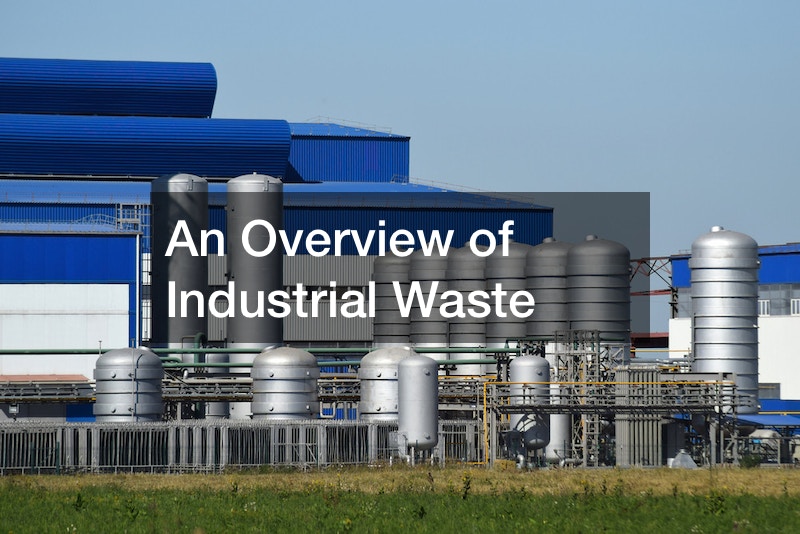
Industrial waste is the byproduct of manufacturing such as garbage, scrap metals, solvents, wood, and scrap lumber. There is a system of industrial waste that begins with a waste generator. A waste generator is any factor that produces waste. Waste transportation is the process through which the waste is moved from its creation site to where it is disposed of, also called, the waste processor.
There are four different types of industrial waste. Liquid waste comes from water that comes into contact with toxic substances.
This water could flow into large bodies of water and harm the environment or people who pull from it. This is why a water treatment plant is often necessary. Solid waste can be reused and recycled for the most part and reduces disposal costs.
Chemical waste has to be kept separate from other waste, and handled by a specialist because it can be flammable, toxic, or even explosive. Toxic and hazardous waste can cause health issues when not handled properly. Industrial waste can greatly impact the environment in a negative way if the waste is not handled properly. This is shown through air, soil, and water pollution at dumpsites. There are policies in place, however, that hold people accountable for their waste, and that is why an industrial waste removal service is so important.
.


